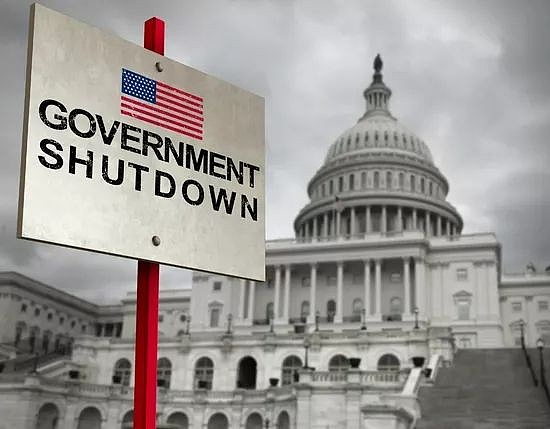01New York really elected a mayor who "supports socialism"
In November 2025, New York City, the largest city in the United States, elected its first mayor in history to openly identify as a "democratic socialist"—Zohran Mamdani.
He is not only the first Muslim mayor in New York's history, but may also be the most "left-leaning" politically minded mayor in the city in decades.
His political platform is so powerful that almost every point resonates with ordinary people: Freezing rents: limiting rent increases and preventing landlords from arbitrarily raising prices; Free public transportation: the municipality covers public transportation costs; City Grocery Stores: Government-run affordable chains;
Public Childcare and Housing Expansion: Redefining education and housing as "public rights";
Increased Wealth Tax and Real Estate Tax: Making the top leadership bear more fiscal responsibility.
This seemingly "out-of-the-left" agenda actually hits the core contradictions of New York: high cost of living, wide wealth gap, and young people's "unfulfilled efforts."
02 Peter Thiel had predicted this long ago: an internal email from 2020
This political shift was actually seen through by Silicon Valley's most level-headed capitalists five years ago.
03Cross-Side Strategies: Tech Accelerationism vs. Socialism
The United States today is not only divided by political parties, but also by its future direction.
One faction: Tech Accelerationism
Representative figures include Elon Musk, Peter Thiel, Sam Altman, Marc Andreessen, and others. They believe that technology and capital markets are the only driving force for social progress, with the slogan "Accelerate everything," even if it means breaking down the old system first.
They believe that government is too slow, votes are too inefficient, and only computing power and capital can propel humanity forward. It turns out that Musk is also part of the "Shenzhen Gang."
This group, according to Hu Shi's class classification, largely belongs to the "taxpayer class" and is adept at improving productivity. Another faction: Democratic Socialism. Represented by Bernie Sanders, AOC, Mamdani, and others, they emphasize income redistribution, public services, and social equity. Their stance is to "repair the cracks" and allow the system to serve ordinary people again. This group, according to Hu Shi's class classification, is purely the "tax-eating class" and adept at distribution. One is building rockets and developing AGI in space; the other is building public housing and providing childcare subsidies on the ground. This is the policy divergence in the United States in the 2020s. But what's even more interesting is that Peter Thiel is already "responding to his own prophecy with action." In his 2020 letter, he mentioned that young people's lack of capital share would lead to opposition to the system. Now, he seems to have found a new "stake mechanism"—crypto. Consider this: Thiel was heavily invested in Bitcoin in its early days, supported Founders Fund's investments in multiple Web3 and AI-integrated projects, and advocated for young people to "directly hold a share of the new system," bypassing the old financial order. This is another kind of "capital allocation logic": if young people can't afford houses, can't enter the stock market, and don't trust banks, then let them own stakes on the blockchain. This isn't charity, but a new kind of political realism. For Thiel, without allocating a portion of his "stakes," the entire system could be replaced by socialism. However, he's unwilling to spend real money, so creating a new type of asset like cryptocurrency is the best option—after all, it's not his own money being spent. 04. America Torn Apart: The Longest Shutdown in History, a Result of a Tug-of-War Between Two Factions. As of today, the US government has been shut down for 38 days. On the surface, it appears to be a budget impasse, but in reality, it's a clash between technocrats and socialists regarding institutional reform. Within the Republican Party, the "accelerationists" want spending cuts, deregulation, and prioritizing support for AI and encryption; the Democratic progressives demand the restoration of healthcare subsidies and increased education and public spending; the White House has support on both sides, but no one can make these two futures coexist. Thus, government budgets are stalled, institutions are paralyzed, and legislation is frozen—the rift in America is no longer between red and blue, but between "AI vs. Equality."

 Jasper
Jasper








